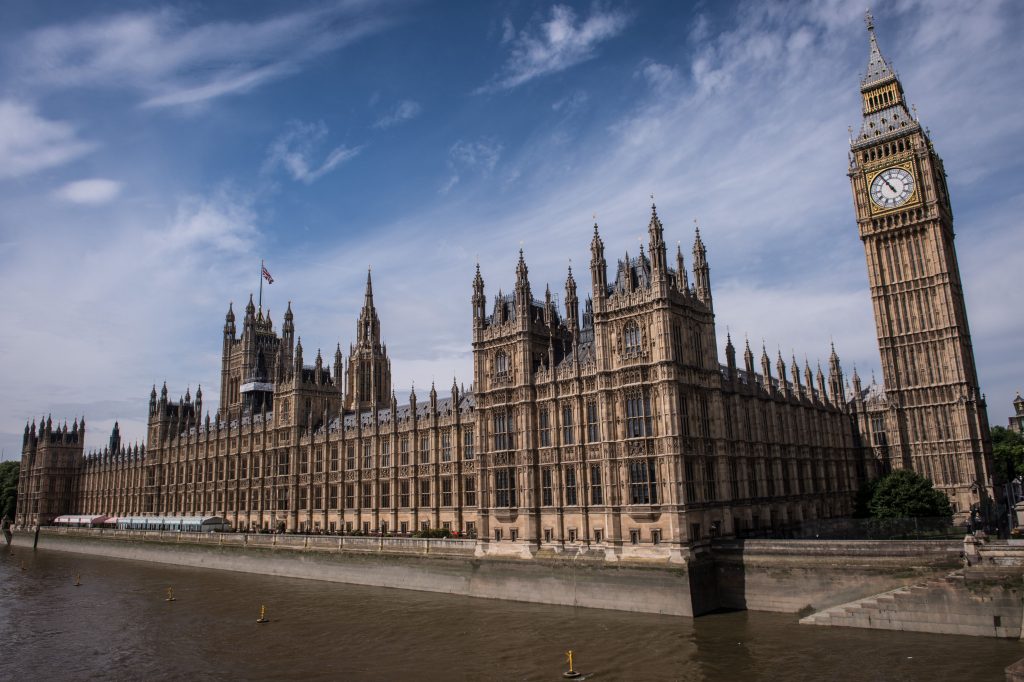Britain has a hung parliament, with no party able to reach the 326 MP’s needed to achieve an absolute majority in the House of Commons.

Prime Minister, Theresa May, called a snap election in the hopes of increasing the Conservative party’s majority and strengthening their position for Brexit negotiations.
However, as the exit polls were released shortly after 10pm, it was predicted May would lose her majority, with Jeremy Corbyn’s Labour set to gain seats.
The polls were correct, as it was declared impossible for any party to reach a majority in the early hours of the morning.
What is a hung parliament?
A hung parliament means that no party has won enough seats in the general election to have a majority of seats in the House of Commons.
A party would need 326 seats to achieve a majority – with the current standings Conservative 315 and Labour 261 with only a few seats left to declare.
The first past the post voting system in the UK makes the final result more unlikely to be a hung parliament, however it did occur in the 1974 election and of course in 2010, where David Cameron and Nick Clegg joined to form a coalition.
So, who is Prime Minister?
Theresa May is still PM, as the current leader stays in office until it is decided who will attempt to form a new government.
What happens next?
May could either form a coalition like Cameron in 2010 – this would most likely be with the Northern Irish DUP – or she could lead a minority government if other parties would back her in a vote of confidence.
How long will this take?
The truth is – nobody knows. May will likely begin negotiations immediately, assessing whether she can form a coalition or receive a vote of confidence.
It took five days for the Conservative party to negotiate their coalition with the Liberal Democrats in 2010.
Parliament reconvenes on June 13, so any agreement would likely need to be in place beforehand.
What if no agreements are reached?
If May can’t agree a coalition or win a vote of confidence – there’s likely to be a second election later in the year.
A second election requires a two thirds majority of MP’s to vote in its favour, however.
If May loses a vote of confidence, the other parties can attempt to come to an agreement within two weeks. If they then lose a vote of confidence, another general election would be called.



